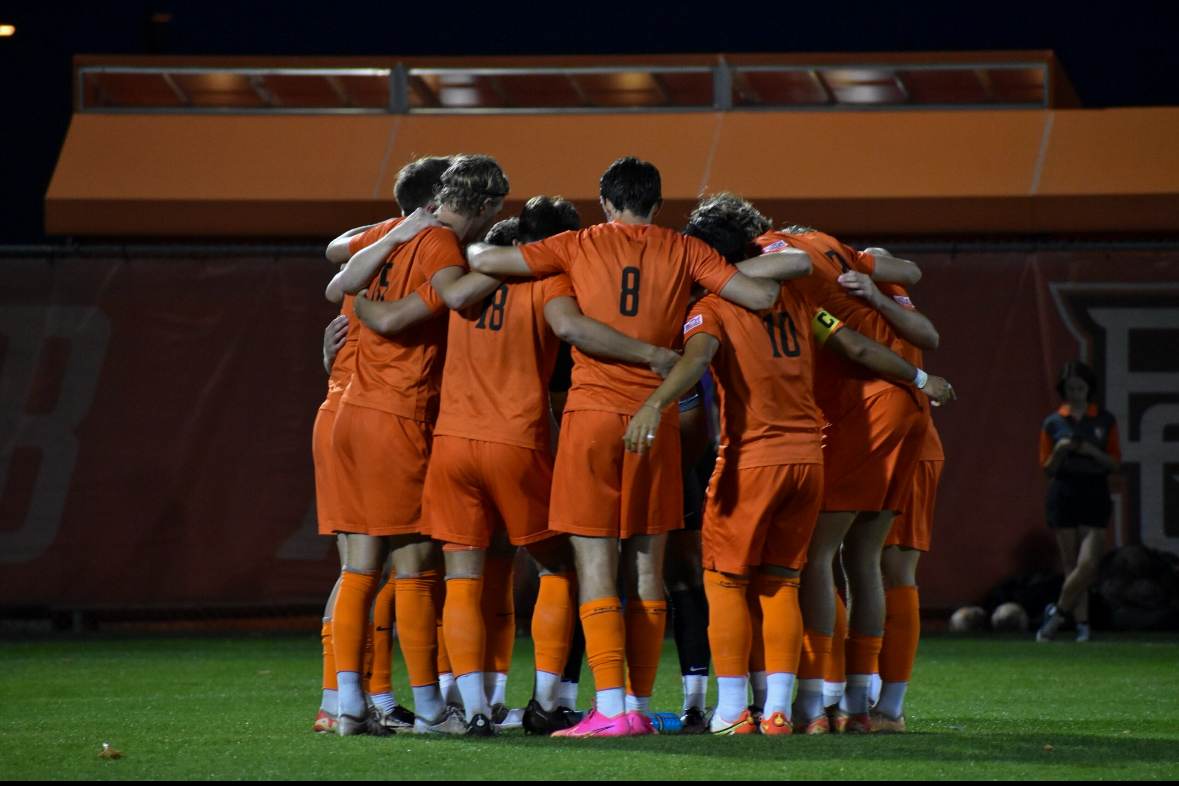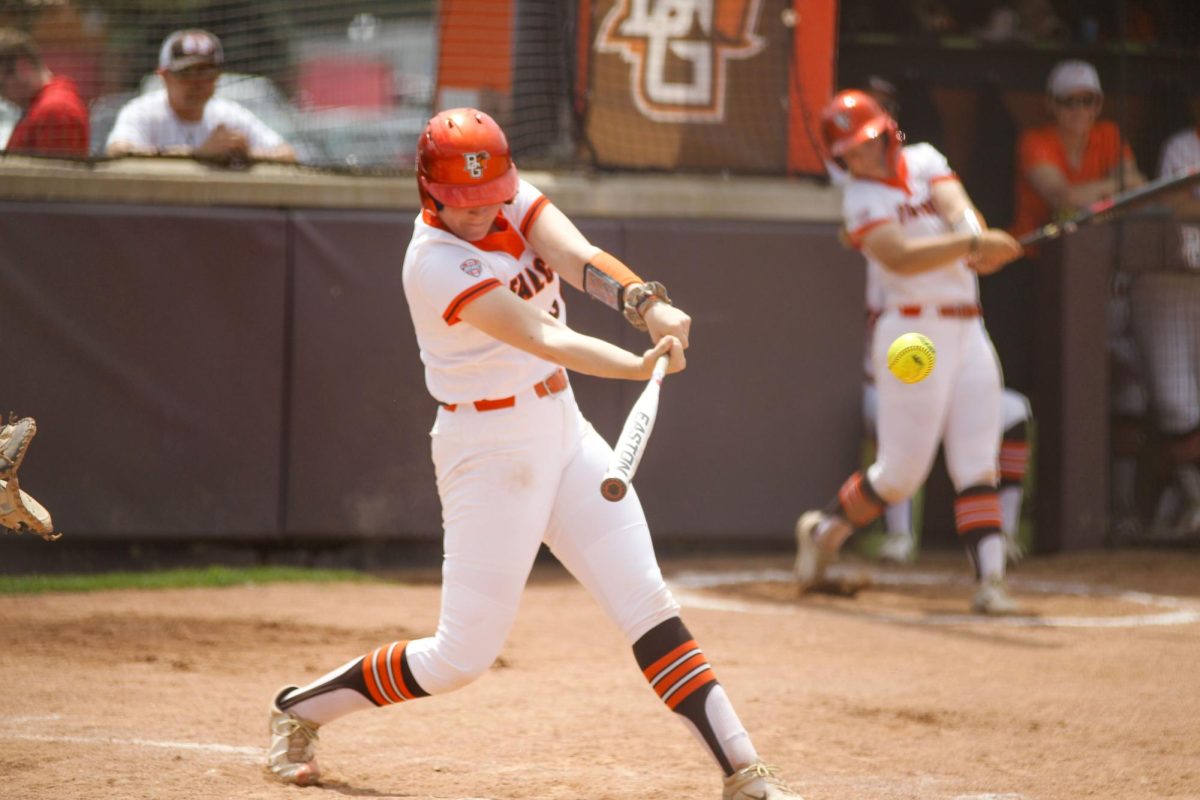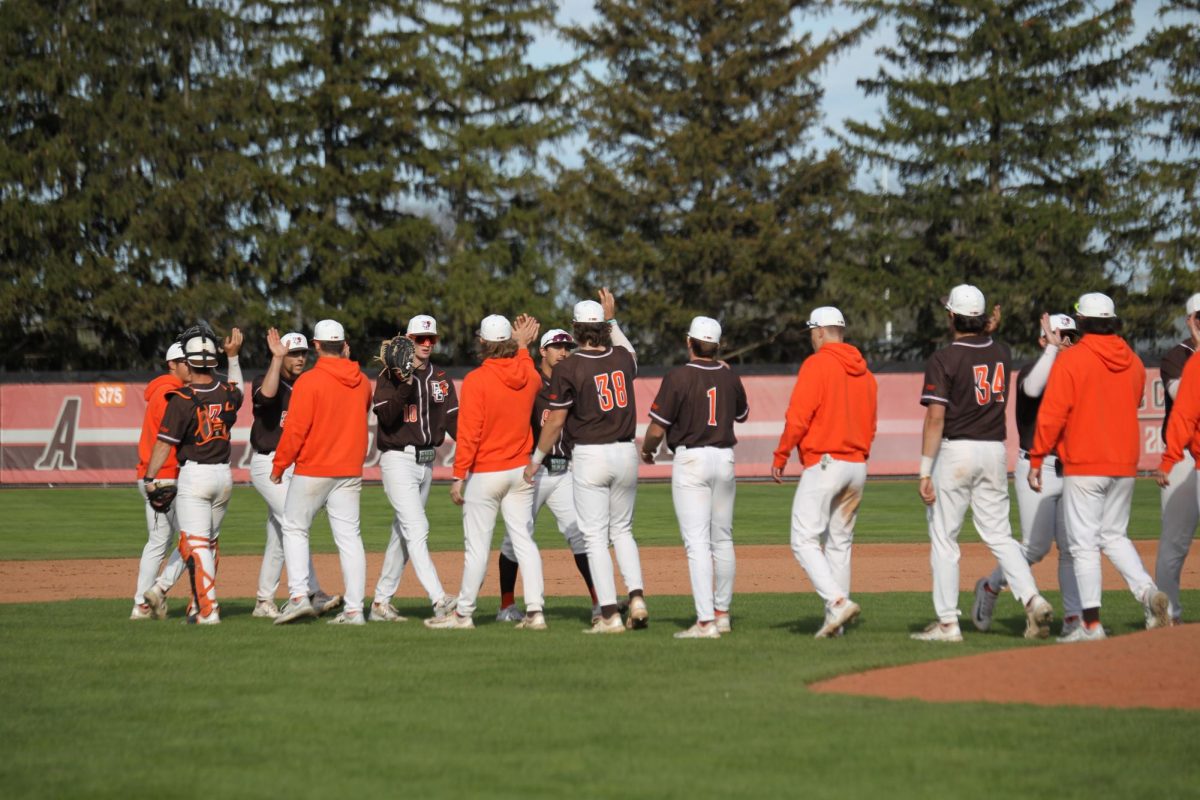In an address to the tenth United Nations Conference on Trade and Development, former Secretary-General Kofi Annan described a developed country as ‘one that allows all its citizens to enjoy a free and healthy life in a safe environment.’
For people that grow up in these countries it is hard to understand the plight faced by many people in the world. Simple day-to-day conveniences people take for granted – like a shower in the morning or walking to class in peace – are impossible in many corners of the globe. Such luxuries are nearly absent in some parts of the world. Some people have recognized this and have tried to remedy these disparities by offering aid.
Aid has been given for every reason from sincere altruism to trying to buy nuclear weapons and currying favor from some impoverished backwater nation.
Now, nations and their citizens have to ask themselves if aid has worked. Is there any success story where aid pulled a country out of underdevelopment and thrust it into the big leagues of the developed nations?
Aid comes in international, overseas or foreign varieties. Regardless of specific terminology, aid is defined by Merriam-Webster as ‘to help or give assistance.’ In this case, it is the voluntary giving of assistance from one country to another. It’s done for many reasons, at times to signal diplomatic approval, to strengthen military allegiances or reward or extend cultural influence of the donor nation.
Altruistic and religious motives are, at times, used to hide the more selfish motives of nations and peoples. Aid is given by individuals, private organizations or governments. Before 1957, military assistance was considered aid but isn’t anymore. Aid is given in many forms, from professional assistance (such as doctors or teachers) to care packages with food or resources.
American aid in the form of the Marshall Plan helped rebuild post-War Europe. With the birth of two world powers (the Soviet Union and United States), each vying for more allies, aid became a system used to build allegiances. World powers decided to win favor and allies among developing countries by offering aid. In this sense, aid became a function of neo-colonialism of former colonies in Latin America, Africa and parts of Asia.
The culture of aid as a system of alliance-building very quickly obscured governments’ true motives for offering aid. Few governments sincerely give aid to regions of the world in which they have no interest militarily or economically. It is at this point that two schools of thought arise.
One is the superstar face of aid relief, exemplified by none other than Mr. U2 himself Bono. Bono has become the posterboy for the philanthropic craze that has driven celebrities crazy. Everyone from Madonna to Angelina Jolie wants to become a saint by offering aid or assistance to people in impoverished Africa. But like any celebrity craze, the true effects of aid in these countries become clouded by the fanaticism that comes with this celebration of Western altruism.
The other school of thought belongs to William Easterly and Zambian economist Dambisa Moyo, who argue convincingly that aid isn’t helpful in the long run. Aid in many cases comes attached to foreign conditionals, especially if it comes from the International Monetary Fund (IMF) or World Bank.
These institutions give aid with conditions ranging from Bush-era conditions which required HIV/AIDS relief money to only go to organizations that promoted abstinence or aid which tells nations to develop democracies or follow a specific economic plan that entails opening up their economy to Western investment. This is done while Western governments maintain protectionist policies to protect their economies while forcing less industrialized nations to do the opposite.
Aid has facilitated and fueled corruption in many nations that receive huge amounts of aid. The redistribution of aid is done by local politicians who redistribute the aid but pocket it in large sums. Aid propped up the brutal Mobutu Sese Seko regime in the former Zaire. In places where resources are scarce, aid tends to land in the hands of those with power and those without it begin to fight for a stake in the aid. In these instances we find aid playing a big role in destabilizing governments. It has the added effect of creating a culture of financial dependence.
Humanitarian relief and instant relief that offer band aid solutions are not inherently bad. But in the long run, when the aid well dries up we leave dependent economies with nothing to show for themselves.
Respond to Hama by commenting below or emailing to’ [email protected]

















